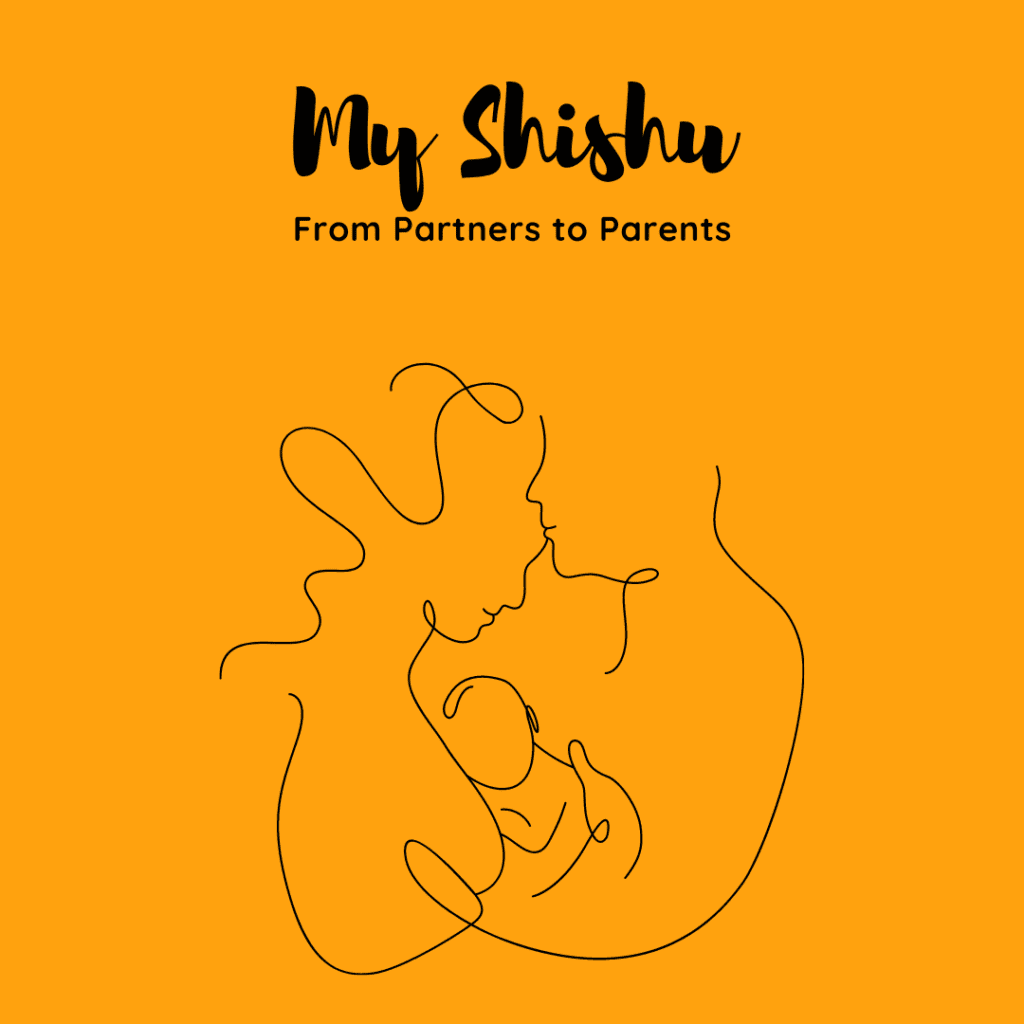What is Egg Freezing
What is Egg Freezing
In the realm of family planning, the concept of egg freezing, scientifically known as oocyte cryopreservation, has emerged as a powerful tool for those seeking a flexible path to parenthood. This article aims to unravel the intricacies of egg freezing, exploring its purpose, process, and the myriad of reasons individuals embark on this journey.
Table of Contents
- Understanding Egg Freezing: Preserving Potential for Tomorrow
- Navigating the Egg-Freezing Journey: Step by Step
- Navigating Risks and Challenges: Informed Decision-Making
- Unlocking the Potential: Using Frozen Eggs to Conceive
- Live Birth Chances: A Complex Equation
- The Decision-Making Dilemma: A Personal Reflection
- Quiz Time: Test Your Egg-Freezing Knowledge!
- Conclusion: Empowering Parenthood Journeys
Understanding Egg Freezing: Preserving Potential for Tomorrow
What is Egg-Freezing?
Egg freezing involves the extraction, freezing, and storage of a woman’s eggs, scientifically referred to as oocytes. These frozen eggs can be thawed and utilized in in vitro fertilization (IVF) procedures, providing individuals with the opportunity to conceive at a later stage.
Why Choose Egg-Freezing?
People opt for egg freezing for diverse reasons:
- Preserving Eggs for Future Use:
- Social and personal considerations often lead individuals to delay parenthood.
- Freezing eggs before the age of 35 may enhance the chances of a future live birth.
- IVF Procedure:
- For those undergoing IVF, egg freezing offers an alternative to embryo cryopreservation.
- Particularly relevant for individuals with ethical or religious concerns about freezing embryos.
- Gender Affirmation Treatment:
- Transmasculine individuals undergoing hormonal treatments can use egg freezing to preserve eggs before treatment.
- Medical Reasons:
- Cancer treatments such as chemotherapy may impact fertility, making egg freezing a viable option.
- Family history of early menopause may prompt proactive preservation.

Navigating the Egg-Freezing Journey: Step by Step
Screening: The First Step
- Initial consultation with a Reproductive Endocrinologist involves ovarian reserve checks through blood tests and ultrasound.
- Infection screenings, including HIV and hepatitis, are conducted.
Ovarian Stimulation: Hormonal Symphony
- A personalized protocol is devised based on age, hormones, and medical history.
- Self-administered gonadotropin hormones stimulate ovaries to produce multiple eggs.
- Monitoring via blood tests and ultrasounds ensures optimal follicle growth.
Egg Retrieval: Precision and Care
- Under anesthesia, eggs are retrieved using vaginal ultrasound aspiration.
- Multiple factors, including age and ovarian response, influence the number of eggs collected.
- The retrieved eggs are then subjected to the vitrification process for freezing.
Post-Procedure: Recovery and Considerations
- Post-retrieval, individuals may experience temporary discomfort, spotting, and fullness.
- Return to routine activities within a week, guided by healthcare provider recommendations.
Navigating Risks and Challenges: Informed Decision-Making
Potential Risks Associated with Egg-Freezing
- Ovarian Hyperstimulation Syndrome (OHSS):
- Rare but possible, especially when a higher number of eggs is produced.
- Mild symptoms include stomach swelling and pain, while severe cases can be life-threatening.
- Complications from Retrieval:
- Potential issues like bleeding, infection, and thrombosis.
- Anesthesia-related considerations discussed with the anesthesiology provider.
- Emotional Implications:
- While egg freezing opens possibilities, success is not guaranteed.
- Emotional readiness is crucial, as stored eggs might not result in a future pregnancy.
Unlocking the Potential: Using Frozen Eggs to Conceive
- Thawed eggs undergo IVF, excluding the egg retrieval step.
- Intracytoplasmic Sperm Injection (ICSI) is commonly used for fertilization.
- Success factors include the age at which eggs were frozen, the freezing method, and sperm quality.
Live Birth Chances: A Complex Equation
- Success rates vary, and there’s no magic number of frozen eggs guaranteeing a live birth.
- Factors influencing success include the age at freezing, the method used, and sperm quality.
- Egg freezing is not a foolproof insurance policy, and outcomes are not guaranteed.
The Decision-Making Dilemma: A Personal Reflection
- Egg freezing should be viewed as a valuable option but not an absolute assurance.
- Understanding potential outcomes and emotional readiness is crucial.
- Consulting with healthcare providers aids in making informed decisions aligned with individual aspirations.
Quiz Time: Test Your Egg-Freezing Knowledge!
- What is the scientific term for egg freezing?
- a) Ovulation Preservation
- b) Oocyte Cryopreservation
- c) Fertility Freezing
- What is the purpose of ovarian stimulation in egg freezing?
- a) To induce sleep
- b) To produce multiple eggs
- c) To prevent infection
Answers: 1-b, 2-b
Conclusion: Empowering Parenthood Journeys
As we unravel the layers of egg freezing, it’s evident that this modern fertility option opens doors to diverse parenthood journeys. Armed with knowledge, individuals can navigate the egg freezing landscape with confidence, embracing the possibilities it offers while acknowledging the uncertainties. Here’s to informed choices, empowered paths, and the potential for a fulfilling family future.
Celebrate each step of your child’s journey and remember that parenting is an ever-evolving adventure. Stay tuned for more insightful blogs from MyShishu!
Explore our range of courses on new-age parenting at New-Age Parenting | Modern Parenting Styles | MYSHISHU.
For additional parenting insights and valuable information, check out our blog “Cry, Feeding and Weaning of Newborn Baby” at Cry, Feeding and Weaning of Newborn Baby – My Shishu.
Hope you’ve enjoyed the blog “What is Egg Freezing”. Happy Parenting!










